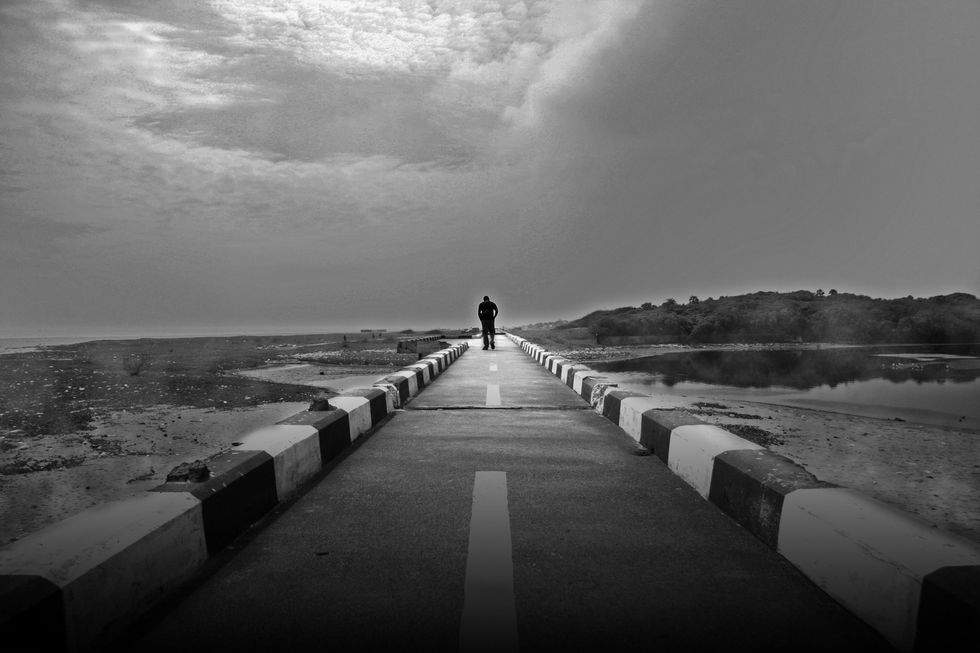In a world where we are more connected than ever because of the internet, we feel more lonely than ever. Loneliness is a terribly cold feeling that leaves you feeling all alone, unwanted and unloved. Everyone experiences this feeling at some point in their life, but it can become a problem if the feeling is persistent.
BBC conducted the "BBC loneliness experiment."
They conducted this experiment in collaboration with researchers at The University of Manchester, Exeter University, Brunel University London and with Wellcome Collection. The study was conducted to better understand loneliness, to see who feels lonely and what can be done to help them.
More than 55,000 people over the age of 16 took part in this experiment, making this the largest study ever conducted. The participants were asked for their opinions and to record their experiences on topics such as loneliness, relationships and use of technology.
They were also asked to take part in a number of experiments.
The study gave us some more insight into loneliness so we can understand it better. They found that loneliness is more common and about a third of the people experience it. It also could be because the survey attracted more lonely people.
They noticed that even though loneliness is normally associated with old people, it is more common in younger people between the ages of 16 to 24. This is because they have lesser experience in regulating emotions. They might be experiencing loneliness for the first time in their lives, so it affects them more.
This is also the point where they are figuring out how they relate to society, which makes them feel more isolated.
They also noticed that people who are discriminated against in a society are more likely to feel isolated, especially if they feel that the discrimination is high. People in poverty are also more likely to feel lonely as they do not have the money to socialize.
The other thing is that being alone does not necessarily mean a person is lonely––some people just like being alone. It is more about the fact that a person feels they have fewer meaningful connections than they would like to ideally have. People living alone are more likely to feel lonely, but it just depends on person to person.
The study also showed that people are ashamed of feeling lonely.
If you are someone who feels ashamed of it, then remember that a lot of people got through it. The survey showed that people are more likely to be sympathetic to someone that is lonely.
Lonely people tend to be more empathetic.
This may be because their own experiences have made them better relate to other people and understand their problems. They might understand other people better, but they are less likely to trust someone because they might have been let down one too many times in the past. They are usually more social online.
Being lonely does not mean that the individual has bad social skills or they can't make friends. The problem with feeling lonely is that it does affect the individuals' health. It can cause psychological and physical health problems. For example, they are more likely to experience depression and are more susceptible to illness.
The positive thing that this survey found was that 41 percent of the people described loneliness as a positive experience, so there is a way that this can be viewed positively. If you are someone who does not see it like that, then you could try counseling to get help. You could try volunteering to increase your social interaction.
If you are stuck in a cycle that prevents you from interacting with people if you feel that you will be rejected, then cognitive behavioral therapy might help you get out of this vicious cycle.



















